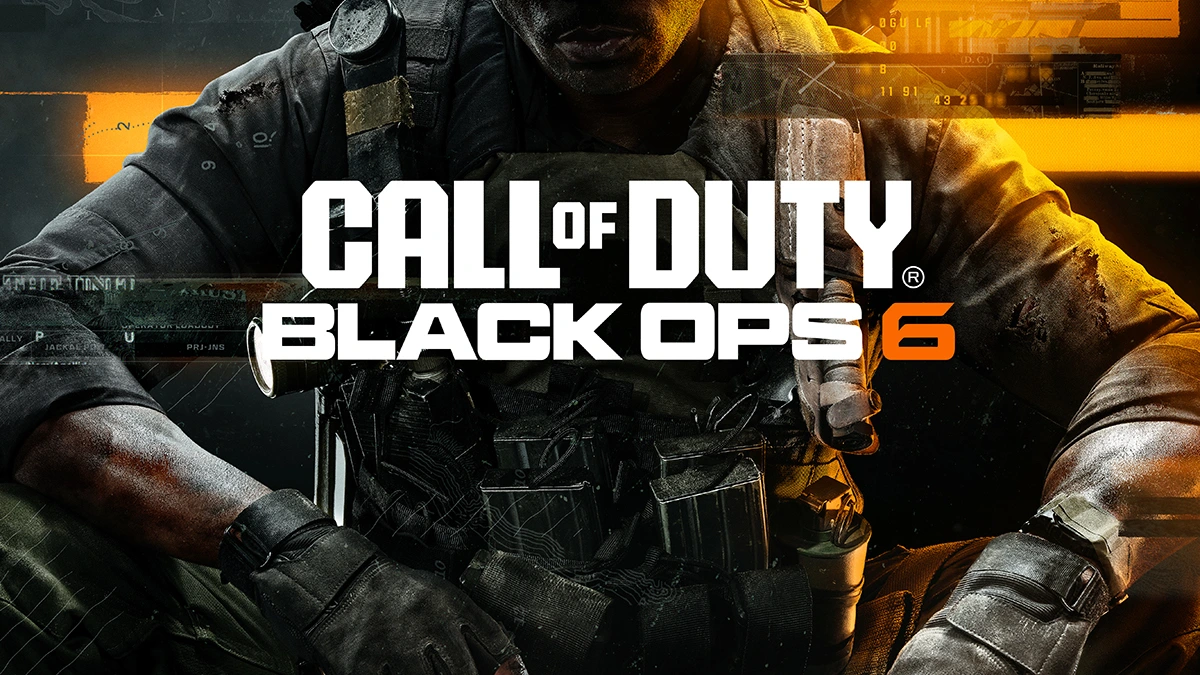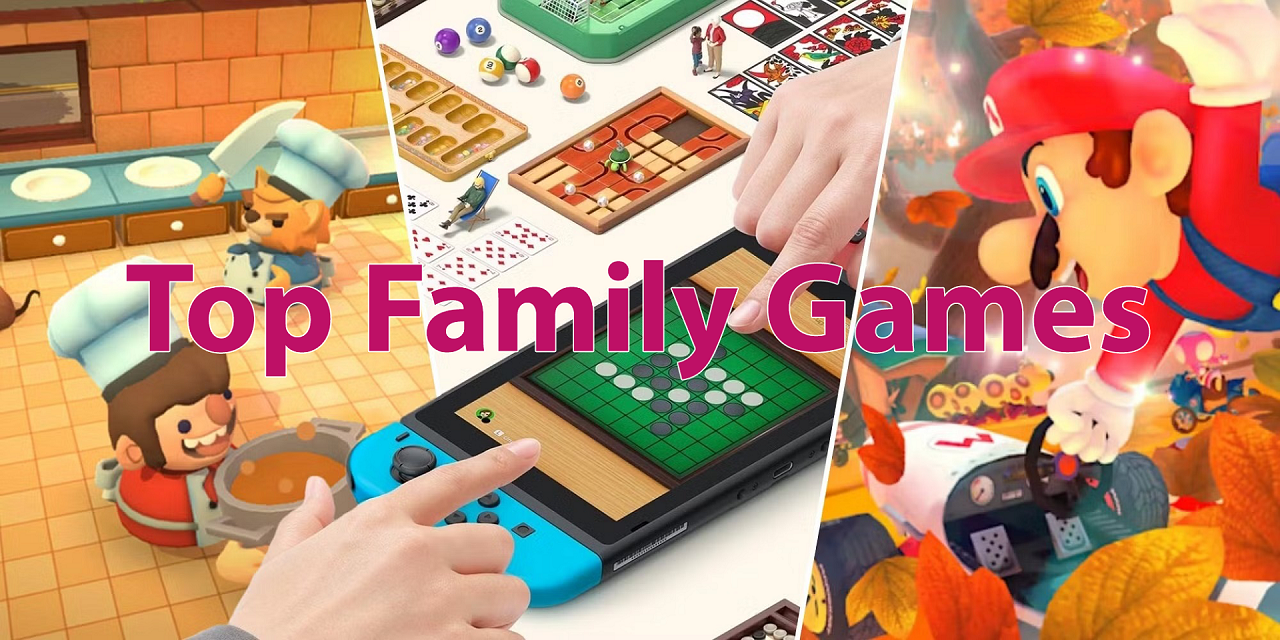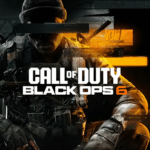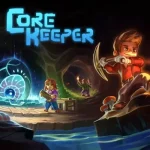Popular Now
Introduction
Garena Free Fire is often celebrated for its fast-paced action, wide array of characters, and an ever-evolving map. But beneath the surface of intense firefights and tactical rotations lies an underexplored but vital element—psychological warfare. Particularly in ranked matches, where every decision can impact your progression, players must not only master their weapons and characters but also learn to outthink, outlast, and mentally exhaust their opponents. This article delves into how mental strategy, emotional resilience, and psychological manipulation influence ranked gameplay and how you can use this edge to rise through the tiers.
Understanding the Mental Pressure of Ranked
Ranked matches add a layer of competitive stress that casual modes do not. Players invest time, effort, and sometimes money to improve their rank. This emotional investment introduces psychological dynamics such as:
-
Performance anxiety
-
Tilt and frustration after losses
-
Fear of demotion
These emotions impact decision-making. A player might become overly passive due to fear of losing points or overly aggressive in an attempt to recover lost rank quickly. Mastering these mental patterns is the first step toward dominating ranked play.
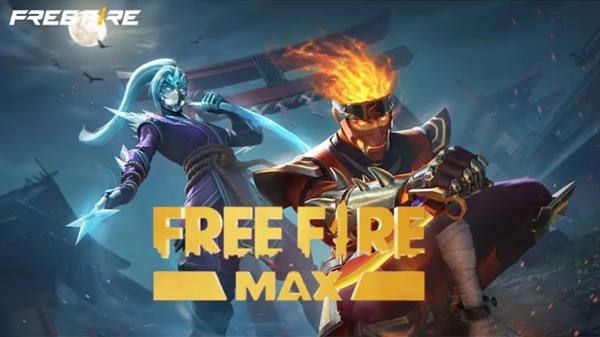
The Importance of Confidence and Momentum
Psychological confidence in Free Fire plays a crucial role in how players execute tactics. Players who win their early engagements in a match often:
-
Rotate more decisively
-
Take better fights
-
Dominate end zones
This phenomenon is known as momentum confidence. Gaining momentum early builds a mental edge, making you more unpredictable and aggressive—traits that confuse and demoralize hesitant opponents.
Ways to build early confidence:
-
Land in mid-tier loot zones for safer starts
-
Prioritize 1v1s to warm up aim
-
Use familiar loadouts and characters
Mind Games with Movement and Rotation
Experienced players use movement patterns to manipulate opponents. For instance:
-
Fake flanks
-
Quick bait peeks
-
Retreats followed by traps
These are all designed to confuse the enemy about your real intentions. In ranked, these subtle mind games can turn a 50/50 fight into a guaranteed win.
Smart rotations also play into psychology. A team that constantly surprises the enemy by attacking from unexpected angles makes others paranoid, leading to hesitation and poor positioning.
Audio Cues and Psychological Control
Sound plays a major role in psychological manipulation in Free Fire. Skilled players use footsteps, reloads, and emotes to:
-
Bait enemies into thinking they are vulnerable
-
Trick players into pushing prematurely
-
Mask real movements with decoys
For example, faking a reload can lure an enemy out of cover, thinking you’re out of bullets. This bait tactic has won countless close-range fights and is a hallmark of high-level psychological play.
The Impact of Emotes and Taunts
Free Fire’s emote system isn’t just cosmetic—it has psychological implications. Emoting after a kill, especially in ranked, can:
-
Trigger emotional responses
-
Tilt opponents into reckless revenge plays
-
Assert dominance and lower enemy morale
While controversial, this tactic is effective in disrupting mental stability. However, excessive use can backfire, especially if the enemy returns with full force later in the match. Use taunts wisely and sparingly as psychological tools—not as crutches.
Team Dynamics and Shot-Calling Psychology
In squad matches, the leader’s communication style heavily influences team performance. A calm, assertive shot-caller helps reduce stress and uncertainty during chaotic situations.
Good communication:
-
Builds trust in team decisions
-
Prevents panic when under fire
-
Keeps focus on winning, not individual plays
Meanwhile, erratic or toxic communication increases team tension, leading to poor coordination and avoidable losses. Effective shot-calling also involves anticipating enemy moves, allowing your team to mentally prepare and pre-position accordingly.
How to Manipulate Enemy Expectations
One high-level psychological strategy is to condition enemy expectations. By consistently playing in a certain style—say, passive rotations or specific flanking patterns—you condition enemies to anticipate those moves.
Then, in high-stakes situations, you flip the script and go hyper-aggressive or change zones. This surprise breaks their rhythm and creates opportunities.
This tactic requires:
-
Awareness of how opponents perceive your team
-
Ability to recognize predictable behavior
-
Courage to take calculated risks
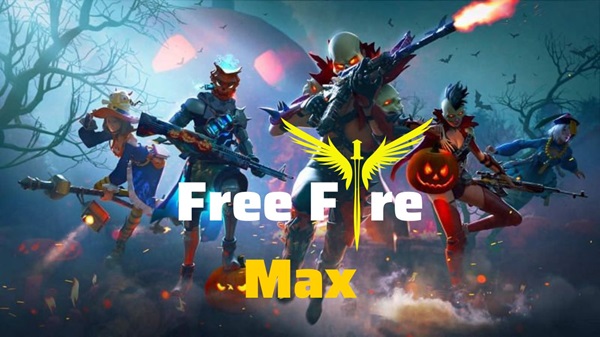 xr:d:DAFggzCwBSk:33,j:45465653142,t:23041907[/caption]
xr:d:DAFggzCwBSk:33,j:45465653142,t:23041907[/caption]
Surviving End Zones: Managing Mental Overload
The final circle in a ranked Free Fire match is where psychological fatigue peaks. Players often:
-
Panic under pressure
-
Misread audio cues
-
Make rushed movements
Surviving here means mastering your nerves. Key strategies:
-
Breathe and reset focus during safe moments
-
Trust pre-game planning and rotations
-
Avoid tunnel vision; check corners and angles methodically
Mental endurance in the last 10 players often separates Platinum from Grandmaster.
Recovering From Tilt and Emotional Losses
Every ranked grind includes losing streaks. The biggest threat in these moments is not your enemies—but your own frustration, known as “tilt.”
Symptoms of tilt:
-
Rushing engagements
-
Blaming teammates excessively
-
Losing confidence in aim and strategy
Recovery tips:
-
Take breaks after 2-3 consecutive losses
-
Review replays for learning, not self-criticism
-
Play one unranked warm-up before jumping back into Ranked
Keeping your emotions in check and learning from mistakes will help stabilize performance and improve your long-term win rate.
Training Your Mind Like a Pro Player
Top-tier Free Fire players train both aim and mindset. Here are techniques to build mental strength:
-
Visualization: Mentally rehearse winning fights before entering matches
-
Routine: Consistent warm-up and cool-down routines help regulate mental flow
-
Mindfulness: Stay in the present moment during fights. Avoid overthinking
-
Goal Setting: Set process goals (e.g., "survive 3 zones" or "land 5 headshots") instead of fixating on rank
Combining these techniques with mechanical training gives you the edge in long gaming sessions.
Conclusion
In the fast-paced, bullet-ridden world of Garena Free Fire, psychological strength is just as important as mechanical skill. Mastering your mindset, outwitting your opponents, and staying emotionally resilient are key factors that determine whether you climb the ranked ladder or stay stuck. While most players focus on loadouts and aim, it’s the mentally tough who rise to the top. In the end, Free Fire is not just a battle of guns—it's a battle of minds.










